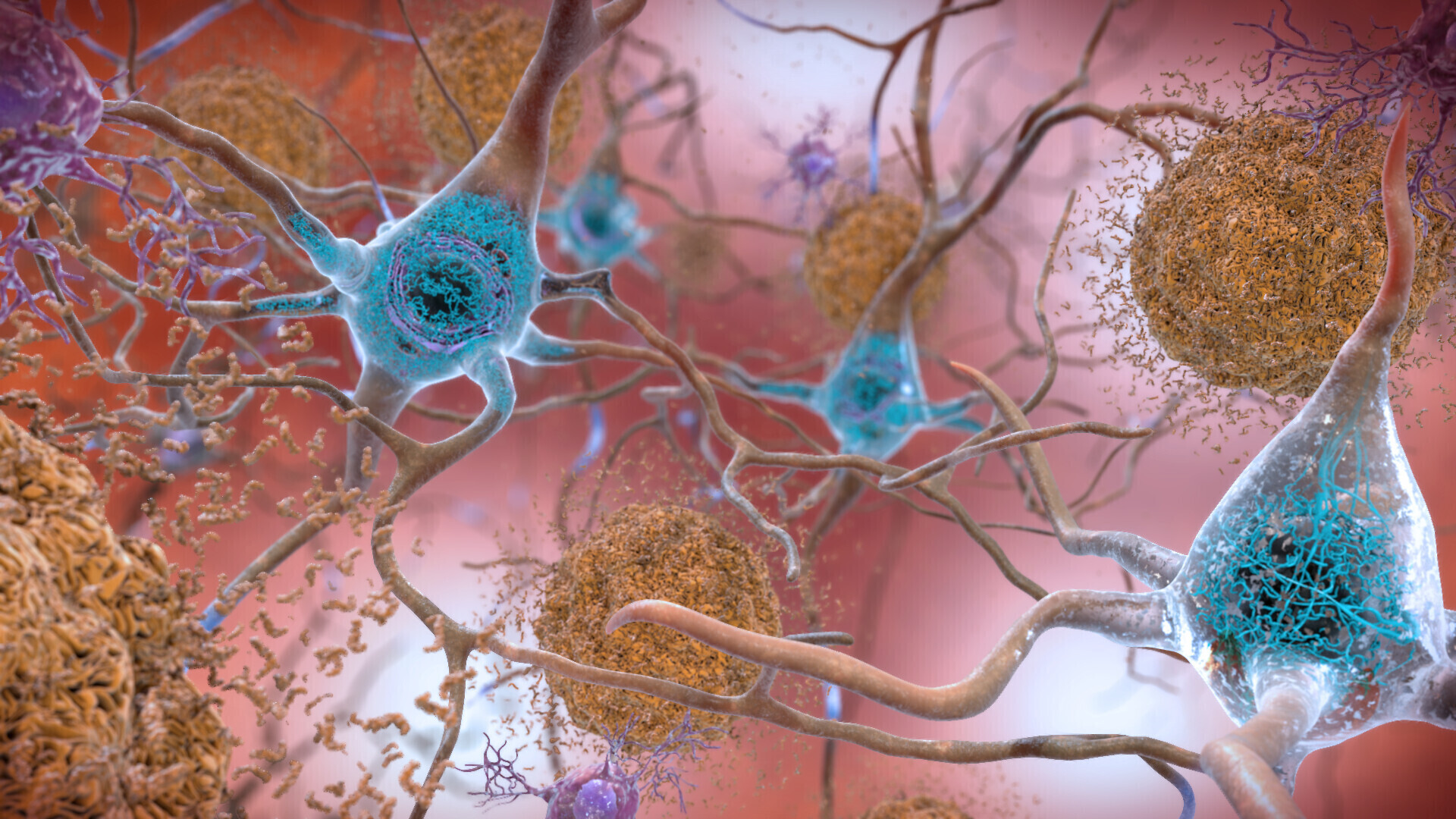A Central Texas woman is taking back her life by controlling a health issue that affects millions of Americans.
According to the American Heart Association, about 30 million Americans have resistant hypertension, which is defined as uncontrollable high blood pressure and regulated with at least three different medications.
Hypertension increases the chances of heart disease and stroke and now there's a new revolutionary treatment available in Dallas that can cut down that risk.
Julie Schulz, 43, of Hillsboro, has lived with high blood pressure since her early 20s.
Get DFW local news, weather forecasts and entertainment stories to your inbox. Sign up for NBC DFW newsletters.
This fall, Schulz became the first patient in Texas to have the commercially approved procedure at Baylor Scott & White Heart and Vascular Hospital in Dallas.
The procedure is called renal denervation, a minimally invasive procedure that reduces activity in the renal nerves in the kidneys to help lower blood pressure.
The kidney sends messages to the nerves throughout your body to help regulate your blood pressure.
Health Connection
Get connected to a healthier life.
During the treatment, Baylor Scott & White's interventional cardiologist Dr. Robert Stoler uses a catheter to send ultrasound or radiofrequency (heat) energy to the renal arteries, the blood vessels supplying blood to the kidneys.
This energy destroys, or ablates, renal nerves without damaging the arteries. The reduced nerve activity causes a drop in blood pressure.
"If you have nerves in the kidney that are releasing too many of these chemicals that may push the blood pressure up, that may make a person's hypertension resistant. So what if we could put a catheter in the artery that supplies the kidney, target those nerves and do what we call ablate, which is used energy to either downgrade or to shut them down. That's what we do with renal denervation," said Stoler.
Schulz had tried everything from lifestyle changes, exercise, and medications and her blood pressure remained high making everyday life a challenge.
Doctors expect her blood pressure to decrease to a level she can maintain, hopefully with fewer medications.
"I think this technology is going to be a major game changer in the way we treat hypertension and hopefully give us a chance to get ahead of a lot of these other disease processes that could be much more troublesome and costly down the line," said Stoler.
"It's just given me a renewed passion to get in shape and be fully present," said Schulz.




